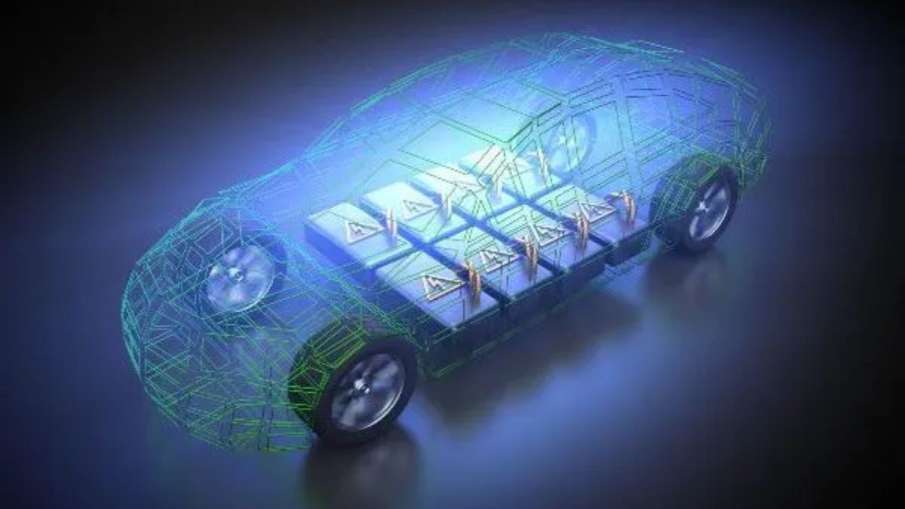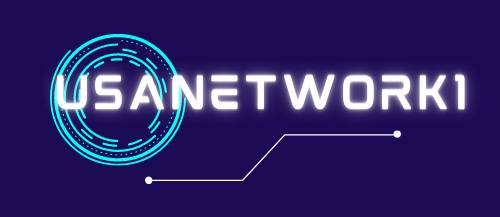India needs Rs 33,750 cr to achieve PLI target of setting up 50 GWh of lithium-ion cell, battery mfg plants
[ad_1]

Roads around the world and the nature of the vehicles plying on them are changing rapidly. People are increasingly getting attracted to electric vehicles, while companies are also increasingly adding more and more electric vehicles to their portfolio. But the growth of electric vehicles in India depends on the most important aspect of these vehicles, the lithium-ion battery. At present, China has expertise in this and most of the EVs in India use Chinese batteries only. But soon India is moving towards becoming the leader of this market by beating China.
India will need to invest Rs 33,750 crore to meet the target of setting up 50 GW of lithium-ion cell and battery manufacturing plants under the government’s Production Linked Incentive Scheme (PLI), a study has said. The Council on Energy, Environment and Water (CEEW), a research institute, released an independent study on Tuesday that said the country would need 903 GW of energy storage to make its vehicle and power sectors carbon neutral by 2030. .
Government’s PLI scheme will be important
CEEW said in this study report, “India will have to invest up to Rs 33,750 crore (about $ 4.5 billion) to meet the government’s PLI target of setting up 50 GW of lithium-ion cell and battery manufacturing plants The research institute’s study titled “How India Will Indigenize Lithium-Ion Battery Manufacturing” seeks to find out what would be the requirements to move in this direction. Apart from this, an outline of domestic strategy has also been introduced in it.
Lithium reserves have been found in Jammu and Kashmir
Earlier this month, the government announced that for the first time in the country, lithium reserves have been found which are located in Reasi district of Jammu and Kashmir and are of 5.9 million tonnes. This metal is used in the batteries used in electric vehicles. “Lithium will be as important to a green future as oil and gas are today,” said Rishabh Jain, Senior Program Head at CEEW. It is in India’s strategic interest to not only conserve the metal but also to establish a system of cell and battery manufacturing in the country.
[ad_2]



